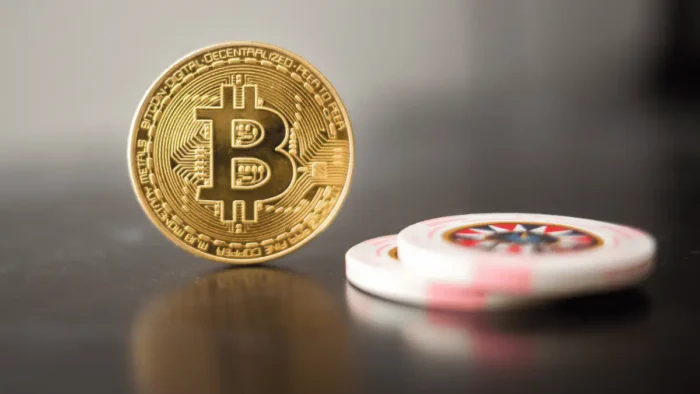Similar to how we store our cash and cards in a wallet for safekeeping, bitcoin must also be stored in a safe place. The only difference is that since the assets are digital, so are the wallets. Unfortunately, protecting these wallets can prove challenging because as the price of bitcoin rises, so does the potential for hacking.
That doesn’t mean the investment isn’t worthwhile. Rather users must instead be careful to heed guidelines for protecting their cryptocurrency investments.
Using an online wallet
A wallet used on an online exchange such as CryptoExchange.com is known as a hot wallet. These wallets operate through the use of computers, tablets, smartphones, and other internet-connected devices. The majority of your wallet’s technical aspects, including keys, are hidden behind the website’s interface, making them easy to maneuver. Even if you don’t consider yourself tech-savvy, a wallet on the exchange can be accessed through your login credentials, including a username and password.
Since a hot wallet is always connected to the Internet, traders can conveniently make trades whenever an opportunity arises. Unfortunately, being connected to the Internet all the time is bittersweet since it also opens your wallet up to more significant security risks. Therefore, users using a hot wallet should only store small amounts of cryptocurrency at a time. This process can be likened to a consumer transferring money into their checking account from a more secure savings account when you are ready to make a purchase.
Online wallets can be further secured using Two Factor Authentication (2FA). Using 2FA increases security since a six-digit code sent to a device of your choice will also be required to access your crypto.
Software wallet
A bitcoin holder may also decide to use a software wallet. Software wallets are offline apps that can be installed onto a mobile device like a phone or laptop. To conduct bitcoin transactions, users must transfer signed transactions to a computer connected to the Internet. Software wallets are a lot safer if users ensure they are running an up-to-date product since an older version can be an excellent target for hackers.
Using an offline wallet
Without a doubt, the safest place to store bitcoin is in cold storage or an offline wallet since these wallets are not accessible through the Internet. The main drawback of this storage method is they are more challenging to set up and use since they require some technical background. A secondary disadvantage is the lack of accessibility to your coins when trades need to be made since it may take some time to transfer your coins from wallet to exchange.
Hardware wallet
Another offline storage method is a hardware wallet. A hardware wallet for bitcoin is a physical device (typically a USB drive) used to store a user’s private and public key. Security is ensured since your private key stays on the device and never comes in contact with the Internet. To send bitcoins, you can connect the device to your computer or through your phone using Bluetooth.
Hardware wallets should be purchased directly from the manufacturer rather than another person as a security precaution. After doing so, you should initialize and reset the product.
Paper wallet
The safest option among cold storage methods is a paper wallet. A paper wallet is a QR code representing your private and public keys that have been generated off of specific websites like bitcoinpaperwallet.com. This piece of paper then becomes your ticket to your assets. For safekeeping, traders will typically laminate this piece of paper to hold in their deposit boxes or safe. Some even leave this paper with their local bank. Unfortunately, this paper becomes the only way to access these funds. In the event that the paper is lost, traders might find they are out of luck when trying to uncover their coins.
When it comes time to receiving funds, users can scan the public key with the bitcoin wallet app that is making the purchase. The reverse is true if you need to send bitcoins from your paper wallet to a merchant.
With many offline and online wallets available, traders must be careful to choose a combination of offline and online bitcoin wallets to ensure they keep their cryptocurrencies safe.





